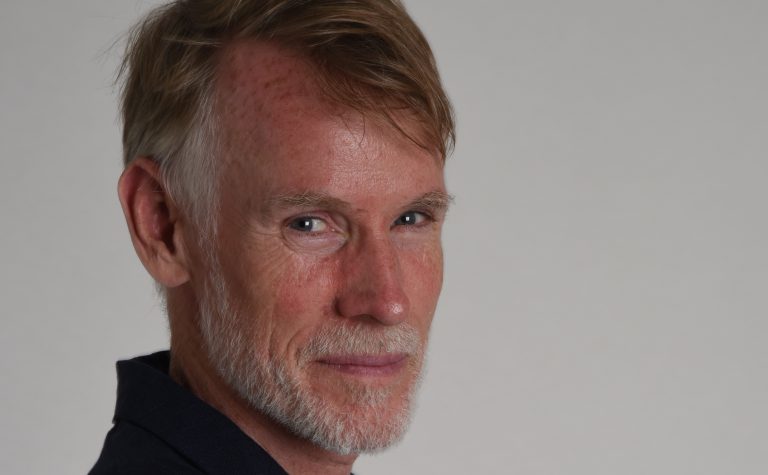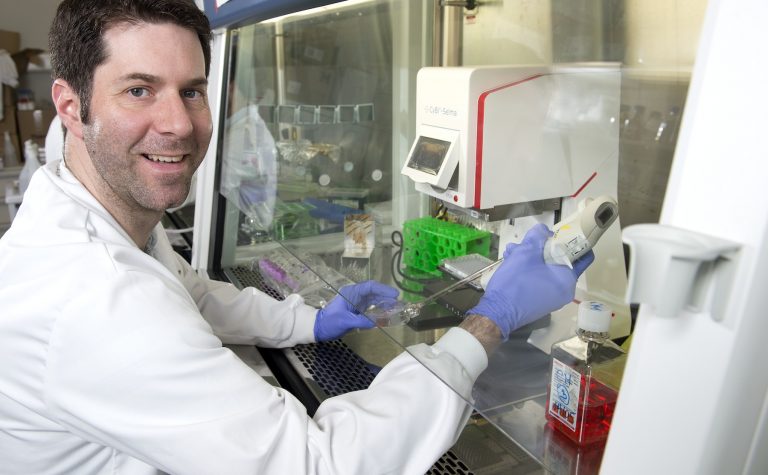The start of symptoms
In November 2019, our little girl Madeleine, the youngest of 4 siblings, turned 4. She was a keen and active gymnast but became increasingly reluctant to put on her leotard or to go into splits. After several months of complaining of pain in her bottom and three trips to the GP surgery, her bouts of night-time screaming were put down to night terrors.
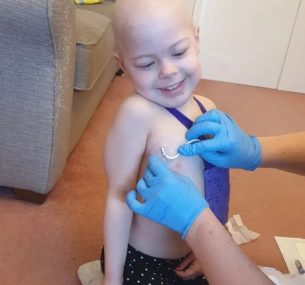
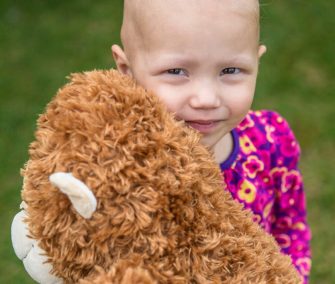
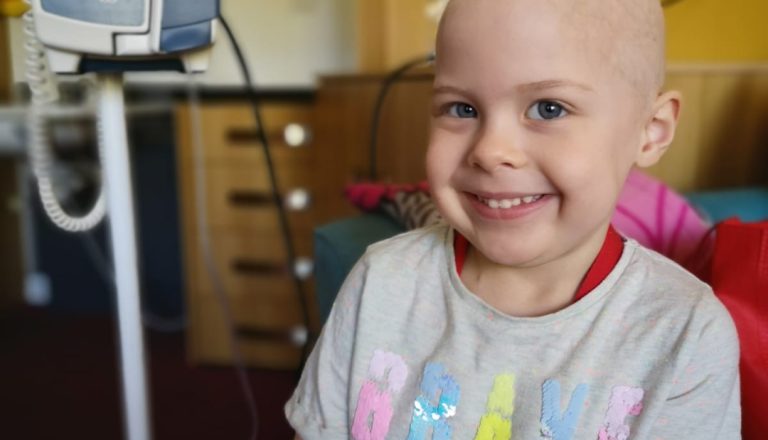
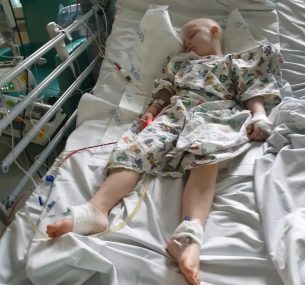
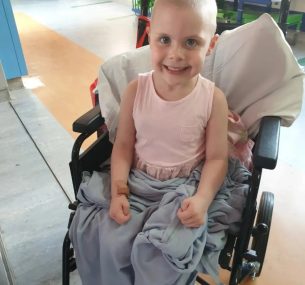
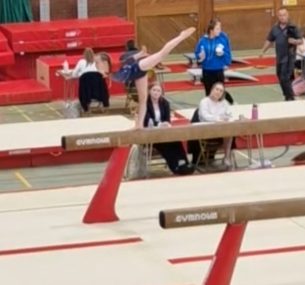
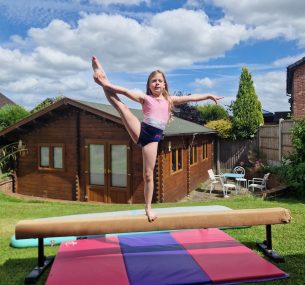
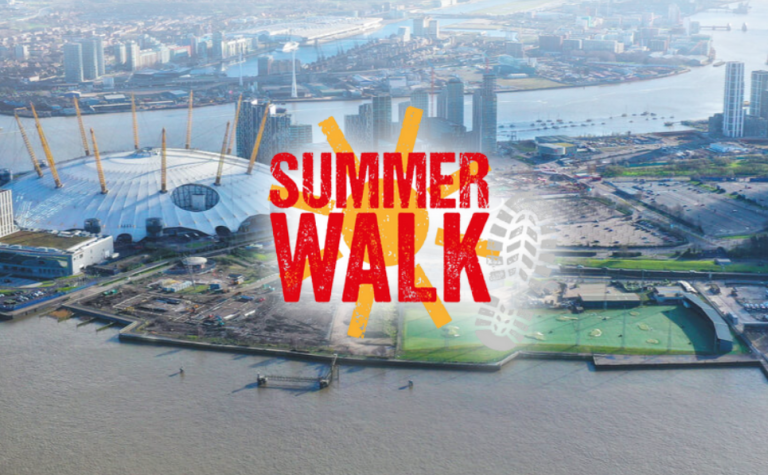
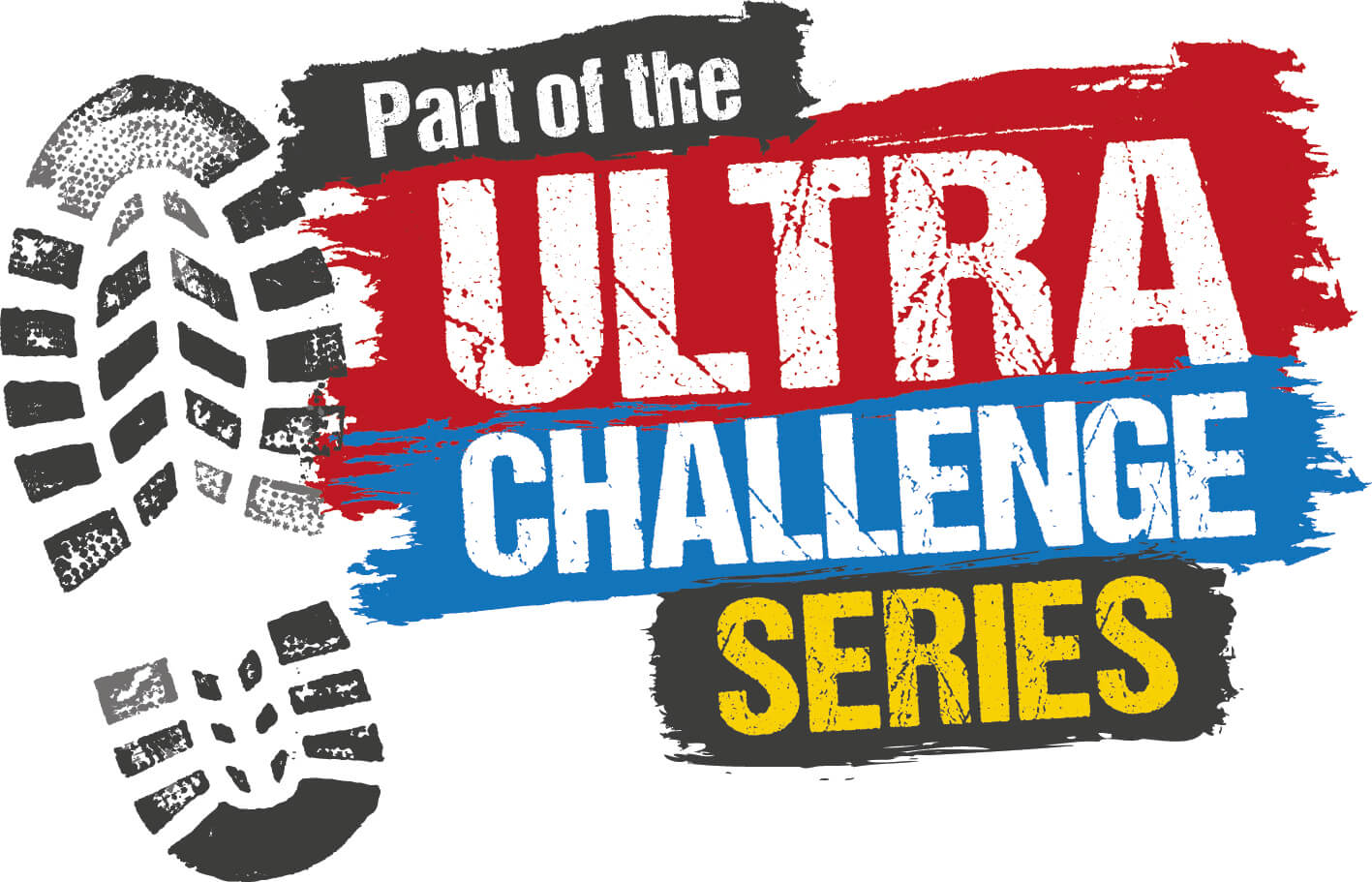 Get active & explore some of
Get active & explore some of